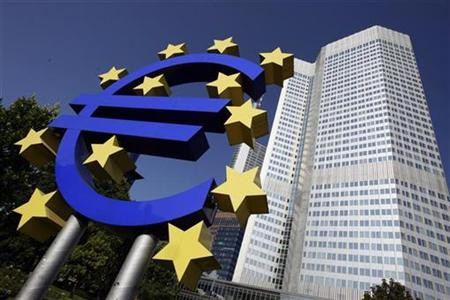Global Financial Crisis: Shares Rally as Euro Looks to Move Into Safe Zone

The euro opened Tuesday away from its eight-month low on the back of a report that European leaders are considering beefing up its bailout fund, Reuters reports.
Asian currencies also rebounded after huge sales in the last two weeks, helping to ease the global worries of contagion from the euro zone crisis. The G20 group of large economies met this weekend but were unable to offer any concrete steps to prevent Greece's increasing likely insolvency.
"The backdrop is one of slightly improved risk appetite. You're seeing that play out in risk markets, and that's lifting the euro across the board," said Omer Esiner, chief market analyst at Commonwealth Foreign Exchange.
"But it's likely to be a short-term lift for the euro," Esiner said. He described proposals to fortify bailout funds as "band-aid plans," given that the factors behind Greece's insolvency and euro zone weakness remain unaddressed.
On Monday the S&P 500 stock index added 26 points, or 2.3 per cent, though still 50 points below its highest level this month. The FTSE world index was 1.2 per cent higher, with the FTSe Eurofirst 300 ending 1.8 per cent higher.
Late Monday, the euro was at $1.3528, up from $1.3501 late Friday, according to EBS via CQG. The dollar was at 76.35 yen, down from 76.58, while the euro was at 103.32 yen, unchanged from 103.32. The U.K. pound was at $1.5563 from $1.5469. The dollar was at 0.9020 Swiss francs from 0.9050.
The MSCI Asia Pacific index jumped 1.5 per cent, its first advance in four days.
"We are seeing a technical rebound after recent heavy selloffs, amid growing expectations for some European steps for tackling the debt crisis," said Lee Jae-hoon, an analyst at Mirae Asset Securities.
"But this looks like a temporary respite as there are still a lot of uncertainties over the euro zone crisis," he added.
Japan's Nikkei 225 stock average advanced 1.5 per cent. Oil prices rose to nearly $82 per barrel while the dollar slipped against the euro and the yen.
© Copyright IBTimes 2025. All rights reserved.





















